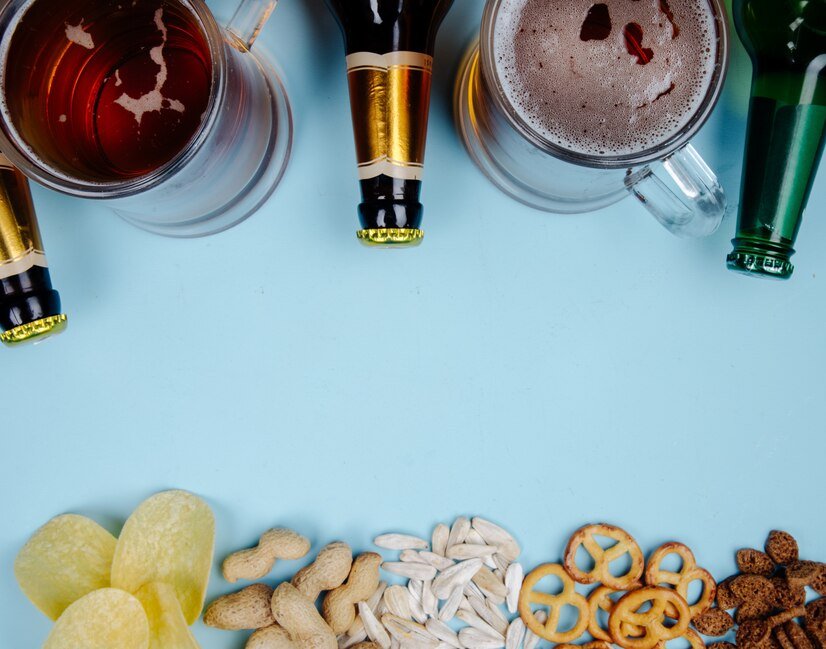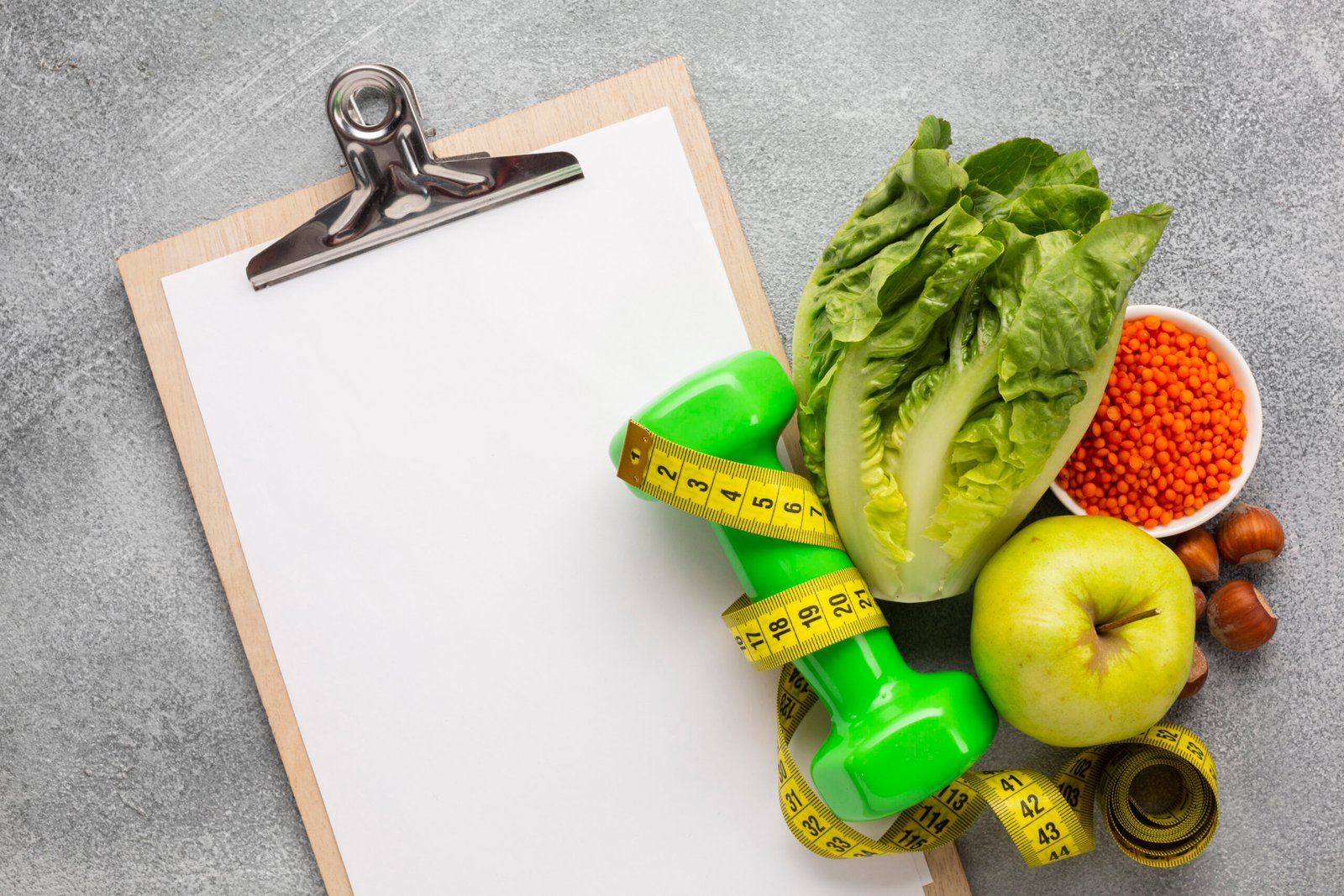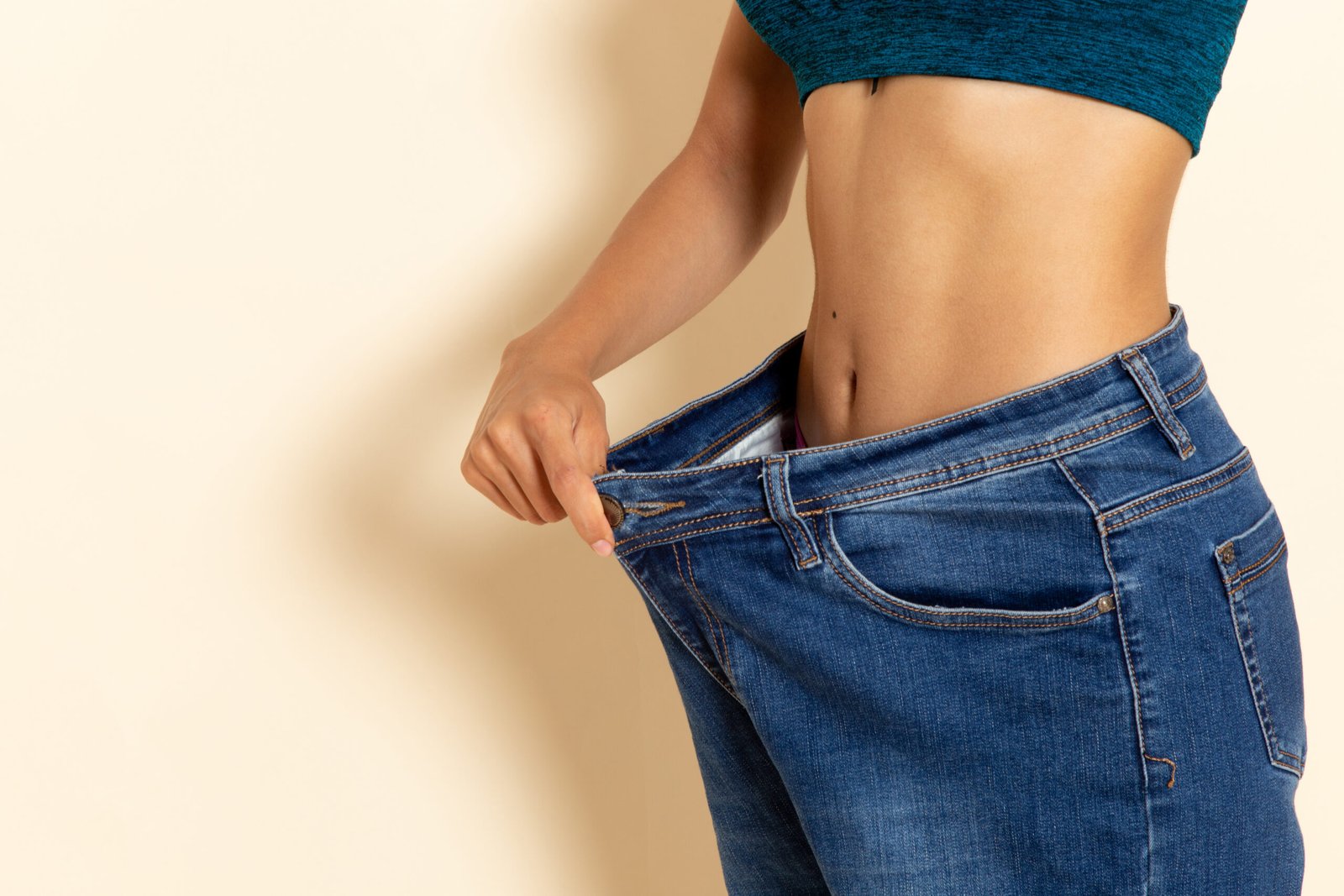6 Essential Tips: Alcoholic Beverages and Weight Loss Without Sabotaging Your Diet
I remember a friend of mine, João, who was super focused on losing weight. He avoided any social events as much as possible for fear of ‘giving in to temptation’ with drinks. One day, while talking to me, he confided in me about how he missed going out with friends and relaxing with a cold beer. Intrigued, I started looking for information on how alcohol really affected weight loss. I discovered that the key was not to cut it out completely, but rather to make smart choices.
That’s exactly what we’re going to talk about in this article.
When it comes to weight loss, one of the most debated topics is the relationship between alcoholic beverages and weight loss. Understanding how the choices we make can impact our health and wellness goals is essential, especially in a culture where alcohol is often associated with celebrations, social events, and moments of relaxation.
In this article, we’ll explore how alcoholic beverages and weight loss are connected, and how you can make informed choices about including alcohol in your routine without compromising your weight loss plan. We’ll examine the science behind alcohol and its impact on the body, identify healthier options, and offer practical tips for those who want to enjoy a drink without sabotaging their efforts.
What you’ll learn here isn’t just about calories and numbers, but also about how to enjoy your social life in a balanced and healthy way. By understanding the real impact of alcoholic beverages and weight loss, you’ll be able to make decisions that not only complement your lifestyle but also foster a healthier relationship with food and drink.
Read on to discover the path to weight loss without unnecessary sacrifices.
Understanding Alcohol and Its Role in Weight Loss

Before diving into beverage options and their calories, it’s crucial to understand how alcoholic beverages and weight loss are connected — particularly how alcohol is metabolized by the body and why it can be a hindrance to your weight loss journey.
Unlike traditional macronutrients—carbohydrates, proteins, and fats—alcohol is not essential to human health and therefore does not play a direct role in nutrition. That doesn’t mean you can’t have it; what we need to consider is how those extra calories add up and impact our weight loss efforts.
Alcohol is metabolized differently: instead of being stored as fat, it is converted to acetate, which the body prefers to use for energy, delaying the burning of stored fat. This can result in increased calorie retention and, consequently, weight gain — a key factor in the complex relationship between alcoholic beverages and weight loss.
Additionally, many alcoholic beverages contain high levels of sugar, especially cocktails and mixed drinks, which can quickly add calories to your daily intake. Therefore, choosing the type of drink and the amount consumed is key when trying to manage alcoholic beverages and weight loss effectively.
Calories in Alcoholic Beverages: What You Need to Know
Below is a comparison table that highlights the calories in different types of alcoholic beverages:
| Drink Type | Portion (ml) | Calories |
|---|---|---|
| Beer (lager) | 355 | 150 |
| Red wine | 150 | 125 |
| White wine | 150 | 121 |
| Distilled spirits (vodka, gin) | 44 | 97 |
| Cocktails | 300 | 200-800 |
As you can see, calories can vary dramatically depending on the type of drink. Beers and cocktails tend to be higher in calories, while pure spirits have fewer calories. This table can serve as a guide so that you can make a more informed and balanced choice.
Practical Tips for Drinking Alcohol While Dieting
Making smart choices when drinking alcohol doesn’t mean you have to give up the pleasure of a good drink. Here are some practical tips that can help:
- Opt for lower-calorie drinks: Choose pure spirits or dry wines instead of sugary beers and cocktails.
- Moderate your portions: Set limits on the number of drinks you consume in one sitting.
- Keep yourself hydrated: Drink water between alcoholic drinks to help reduce your total calorie intake and avoid the effects of dehydration.
- Avoid high-calorie snacks: Often, calories don’t just come from drinks, but from snacks as well. Instead, opt for healthy snacks.
These simple strategies can help you enjoy social occasions without compromising your weight-loss progress. Balance is key, and small changes can make a big difference to your diet and well-being.
Smart Alcoholic Beverage Choices
Now that we have a clear idea about calories and the impact of alcohol on weight loss, let’s delve deeper into the best alcoholic beverage choices. Here are some options you can consider:
- Dry Wines: Dry red and white wines are lower in sugar and calories than other options. A glass of red wine contains about 125 calories, while white wine can have around 121 calories.
- Spirits with Water or Calorie-Free Sodas: Mixing vodka or gin with sparkling water or calorie-free sodas is a low-calorie option that still allows you to experience the flavor.
- Craft Beers: Some craft beers come in lower-calorie options, known as “light beers.” These can contain about 90 to 110 calories per serving.
Making smart choices doesn’t have to mean sacrificing pleasure. By selecting healthier options and controlling your portions, you can socialize and enjoy your drinks without compromising your weight loss goals.
Impacts of Alcohol on Health and Well-Being
In addition to the implications for weight loss, alcohol consumption can also affect your health and well-being in other ways. Here are some important points to consider:
- Effects on Sleep: Alcohol can interfere with the quality of your sleep, resulting in daytime fatigue. Quality sleep is essential for recovery and appetite regulation.
- Relationship with Anxiety: Although many people use alcohol to relax, it can increase feelings of anxiety and depression in some people in the long term. Considering the emotional impact of alcohol is crucial.
- Increased Appetite: Alcohol can affect the hormones that regulate hunger, leading to an increase in appetite and, consequently, overeating.
Being aware of these impacts can help shape your decisions aboutelação ao consumo de álcool e, ao mesmo tempo, promover um estilo de vida mais saudável.
Trends and Developments in Alcohol Consumption and Weight Loss
With the growing awareness of health and wellness, trends in alcoholic beverages and weight loss are also evolving. In recent years, the demand for low-calorie options and non-alcoholic alternatives has increased significantly. Brands are investing in beverage recipes that offer flavor without the added calories — a positive shift for anyone focused on alcoholic beverages and weight loss.
Functional beverages, which include additional health-promoting ingredients, are also gaining shelf space. This means that consumers can now find drinks that not only satisfy their alcohol cravings but also offer health benefits, such as antioxidants or probiotics — making them more aligned with alcoholic beverages and weight loss goals.
These trends are shaping the future of alcohol consumption, especially among those who are concerned about their weight and overall health. So if you are on a weight loss journey, now is a great time to explore these new options that promote a healthier balance.
RECOMMENDATIONS: Enjoying Alcohol Responsibly on Your Weight Loss Journey
To truly understand and manage the connection between alcoholic beverages and weight loss, and to enjoy social occasions without derailing your progress, consider these key recommendations:
- Choose Wisely: When making choices regarding alcoholic beverages and weight loss, opt for lower-calorie options. This includes dry wines (red or white), or spirits mixed with calorie-free mixers (like sparkling water or diet sodas). Be particularly mindful of cocktails, as they can significantly contribute to high calorie intake within the context of alcoholic beverages and weight loss. Consider light beers as a suitable lower-calorie alternative.
- Moderate Consumption: A crucial aspect of balancing alcoholic beverages and weight loss is setting and adhering to limits on the number of drinks you consume in one sitting. Sticking to one or two drinks is generally a safer approach to prevent overconsumption.
- Hydrate Strategically: To mitigate the impact of alcoholic beverages and weight loss, drink plenty of water between alcoholic drinks. This simple habit helps you feel full, reduces overall calorie intake, and prevents dehydration, which can influence your dietary choices.
- Snack Smartly: Often, the calories from alcoholic beverages and weight loss are compounded by poor snack choices. Avoid high-calorie snacks while drinking. Instead, opt for healthier alternatives such as vegetables, lean protein, or a small portion of nuts.
- Be Aware of Portions: Even with lower-calorie drinks, understanding standard portion sizes for alcoholic beverages and weight loss is vital. A typical serving of wine is 5 ounces (150ml), and a standard serving of spirits is 1.5 ounces (44ml).
- Prioritize Sleep: The relationship between alcoholic beverages and weight loss extends to sleep quality. Alcohol can disrupt your sleep patterns, which in turn affects appetite regulation and metabolism. Aim for good quality rest.
- Mind Your Mental Health: While some use alcohol for relaxation, long-term consumption can increase feelings of anxiety or depression. Being aware of these impacts is key when considering alcoholic beverages and weight loss.
- Explore Alternatives: To support your goals concerning alcoholic beverages and weight loss, consider experimenting with non-alcoholic options or functional beverages that offer flavor without the added calories and potential health drawbacks.
Remember, balance is paramount. You don’t necessarily have to completely abstain from alcohol to achieve weight loss. By making conscious choices and practicing moderation, you can navigate the realm of alcoholic beverages and weight loss successfully, enjoying social events while staying aligned with your health goals.tion, you can enjoy social events and still achieve your health goals.
Frequently Asked Questions About Alcohol and Weight Loss
To clear up some common doubts, here are some frequently asked questions about the relationship between alcoholic beverages and weight loss:
- Can alcohol really sabotage my weight loss plan? Yes, alcohol contains empty calories and can affect your hunger hormones, leading to higher calorie intake.
- Can I drink and still lose weight? Yes, with moderation and conscious choices, you can include alcohol in your diet without sabotaging your progress.
- What are the lowest calorie alcoholic beverages? Pure spirits, dry wines and some light beers are options to consider.
- What can I do to avoid binge eating after drinking? Try to balance your diet throughout the day and avoid high-calorie snacks while drinking alcohol.
- Does alcohol affect my metabolism? Yes, it can interfere with fat burning, since the body prioritizes alcohol as a source of energy.
Notes:
This article explores the relationship between alcohol consumption and weight loss, offering a practical guide for those who want to balance their social life with their health goals. We cover the following key points:
- Alcohol Metabolism: We explain how the body processes alcohol and its impact on fat burning.
- Calorie Content: We provide a comparison chart of calories in different types of alcoholic beverages.
- Practical Tips: We offer strategies for consuming alcohol wisely while dieting, such as opting for low-calorie beverages, moderating portions and staying hydrated.
- Smart Choices: We suggest healthier alcoholic beverage options, such as dry wines and low-calorie blended spirits.
- Health Impacts: We discuss the effects of alcohol on sleep, anxiety and appetite.
- Trends and Developments: We explore the growing demand for low-calorie beverages and non-alcoholic alternatives.
- Frequently Asked Questions: We answer the most common questions about alcohol and weight loss.
The goal is to provide information that allows readers to make informed choices, without giving up the pleasure of socializing, but without compromising their weight loss goals.
My Additional Tips:
- Alcohol vs. Weight Loss: The Battle You Need to Know About
- The Best Alcoholic Drinks for Weight Loss
- How to lose weight while drinking alcohol?
- What Alcohol Does to Your Body, Brain & Health
Final Thoughts
Ultimately, understanding the relationship between alcoholic beverages and weight loss is essential for anyone seeking a healthy lifestyle. The choices we make can impact our journey, but they don’t have to define our social or pleasure moments. With the information and tips presented in this article, you can now make informed decisions that align your pleasure with your weight loss goal.
Plan your drinks wisely, stay informed about calories, and opt for alternatives that won’t compromise your goals. Balance is key to enjoying your social life while taking care of your health. If you’re ready to make your choices, go ahead and create your own strategy that allows you to enjoy the best of both worlds.














Post Comment